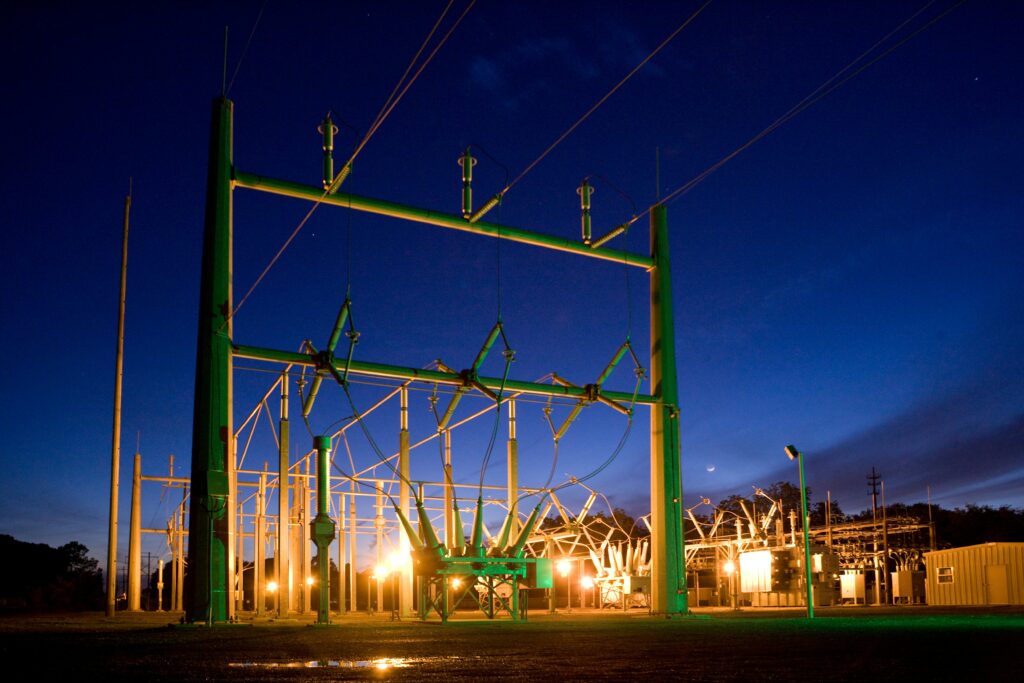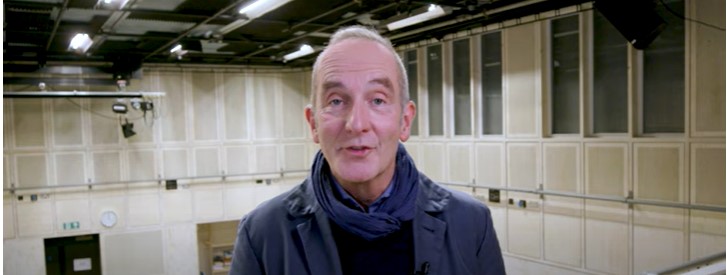Enfield is on its way to becoming a greener, more sustainable borough, with the council successfully reducing its carbon footprint by 45%, exceeding its own 40% carbon reduction target three years early.
The borough of Enfield is also on track for a 40% reduction in its carbon footprint by 2020, despite a rapidly growing population. New targets have now been set for the council and borough to reduce our carbon footprints by 60% by 2025.
How has Enfield achieved this?
Enfield is London’s most northerly borough. With 339,000 residents, it is comparable in size to Cardiff.
In 2011 the council’s sustainability team was set with a brief to significantly improve the sustainability of the council and borough. Here is our timeline, including the recent launch of Sustainable Enfield.
Sustainable Enfield is a local solution to the global problem of climate change, with the aim of making Enfield a great place to live and work for future generations. We’ve defined sustainability based on six themes, one of which is energy.
Investing
Almost half of Enfield Council’s carbon reduction is due to investment in its buildings to save money, energy and carbon.
We are improving the energy performance of 100 council buildings, adding to a £2.7m investment in 11 schools and three corporate buildings that already generates over £400,000 annual energy bill savings.
For residents we have used the Smart Homes project to insulate 343 homes and ECO funding to improve the energy performance of 101 flats.
Local energy company
Energetik is a key part of Enfield Council’s investment strategy. This council-owned energy company has a vision to change the local energy market.
In January 2017 Enfield Council agreed to invest £58m in the energetik Business Plan to supply over 15,000 homes and businesses in north London with low carbon heating and hot water. The scheme will reduce Enfield’s environmental footprint by more than 8,000 tonnes of CO2 and 2,000 tonnes of NOX per year. That’s the equivalent of driving 20 million miles.
Energetik held an event at Siemen’s Crystal in October 2017 to share its experience developing and delivering low carbon community energy networks with other UK local authorities and public bodies.
Renewable energy
We have installed ground source heat pumps in four tower blocks at Exeter Road, saving 170 families 50% on their annual heating bills. An additional eight tower blocks at Kettering and Channel Isles are set to benefit later this year.
Tackling fuel poverty
The council had a coordinated plan to help the 10% of Enfield’s households suffering from fuel poverty.
For residents struggling to pay their fuel bills, we offer a free energy and money saving advice service, carried out by experts.
What are the lessons learned for other local authorities?
- Find another local authority who has done it before!
- Be strategic: by creating a broad definition of sustainability, each carbon reduction project is part of something bigger. This is hugely powerful.
- Start with a quick win: for Enfield it was improving the energy performance of council buildings
- Set stretching targets: don’t spend too long analysing if they’re achievable. Time is better spent developing a quick win, regularly briefing senior managers and politicians and generating momentum by marketing successful projects
- Integration: cross-departmental working is key to developing and delivering successful projects. It maximises impact and breaks down silos.
- Push the marketing: positive media coverage creates organisational confidence and helps leverage additional funding
- Make carbon reduction a secondary message: it’s all about the money!
- Ensure a commercial focus: with local authority budget cuts, the sustainability team needs to constantly reinvent itself to survive. At Enfield our priority is saving money, energy and carbon, in that order.
- Create a financially sustainable sustainability team: without a sustainability team that covers its operating costs, you can’t do the rest
- Collect and share lessons learned: it’s the bit that often gets forgotten but has been invaluable in helping us shape innovative energy projects







